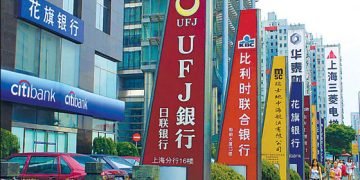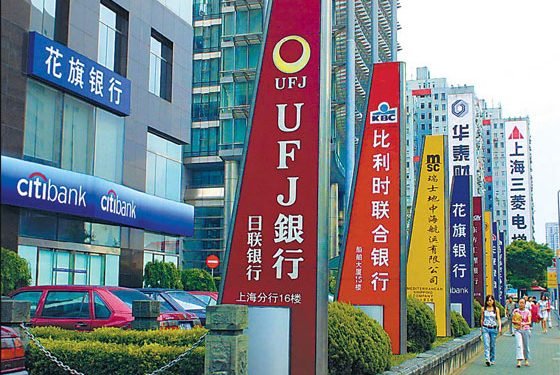Chinese banks have greenlit property development loans amounting to $17.20 billion as part of a unique initiative aimed at infusing liquidity into the sector. However, detailed statements reveal that some of these loans to distressed developers are essentially adjustments to existing credit rather than new financial provisions.
Financial institutions are opting to modify repayment plans or extend the maturity of current loans instead of introducing entirely new credit lines, according to insights from bankers and developers. The initiative, officially named “Project Whitelist,” was launched last month. It empowers city governments to recommend residential projects to banks, deeming them suitable for financial support, and facilitates coordination with financial institutions to address project needs. While a crucial component of Beijing’s strategy to rejuvenate a property sector grappling with a debt crisis and instill confidence, the adjustment of existing loans may not fully alleviate the liquidity crunch faced by distressed developers.
The housing ministry reported late on Tuesday that 214 cities nationwide have implemented the “Project Whitelist” mechanism, putting forth recommendations for over 5,300 projects to banks. Out of this, development loans totaling 29.4 billion yuan ($4.09 billion) have been disbursed, covering 162 projects across 57 cities. Additionally, data from certain state-owned and commercial banks indicates that development loans worth 123.6 billion yuan ($17.20 billion) have been approved.
Banks abstaining from providing loans to projects enlisted in the “whitelist” are required to furnish explanations for their decisions to financial regulators, as per the ministry’s directives. Notably, distressed developers listed on the “whitelist” have also secured loans, according to statements from local governments and financial institutions this week. This comes on the heels of January’s revelation that state-owned or state-backed firms predominantly constituted the approved developers.























